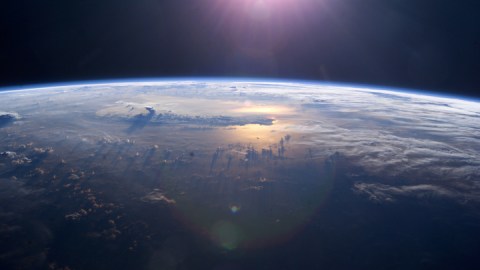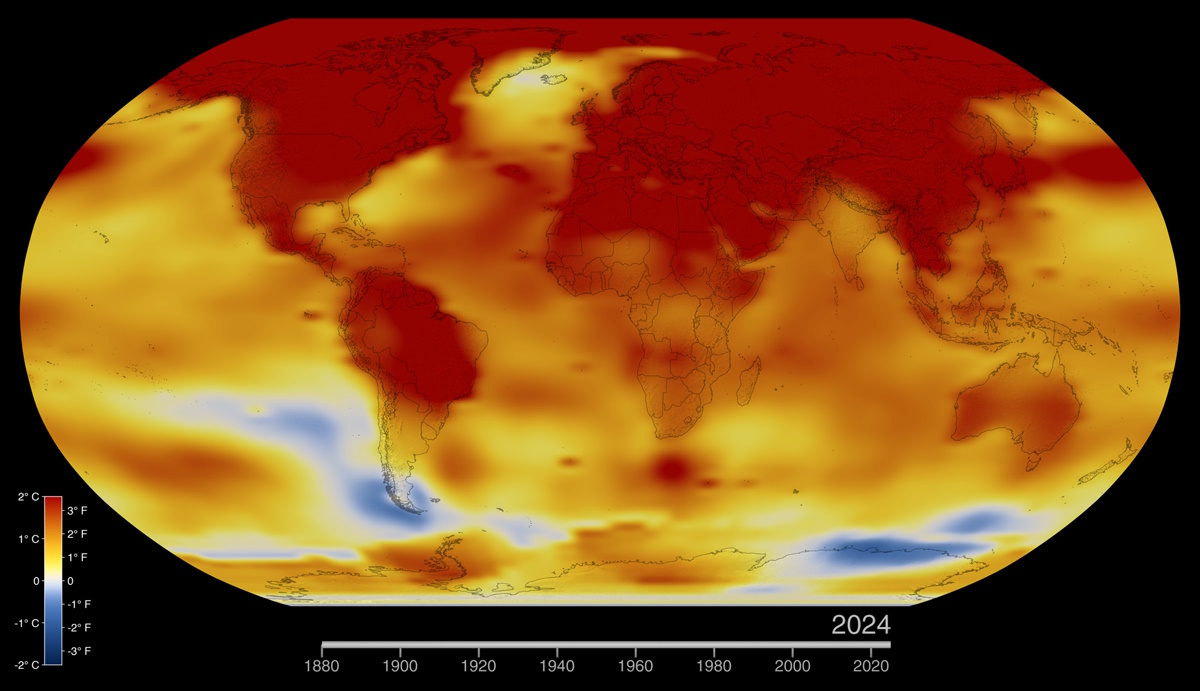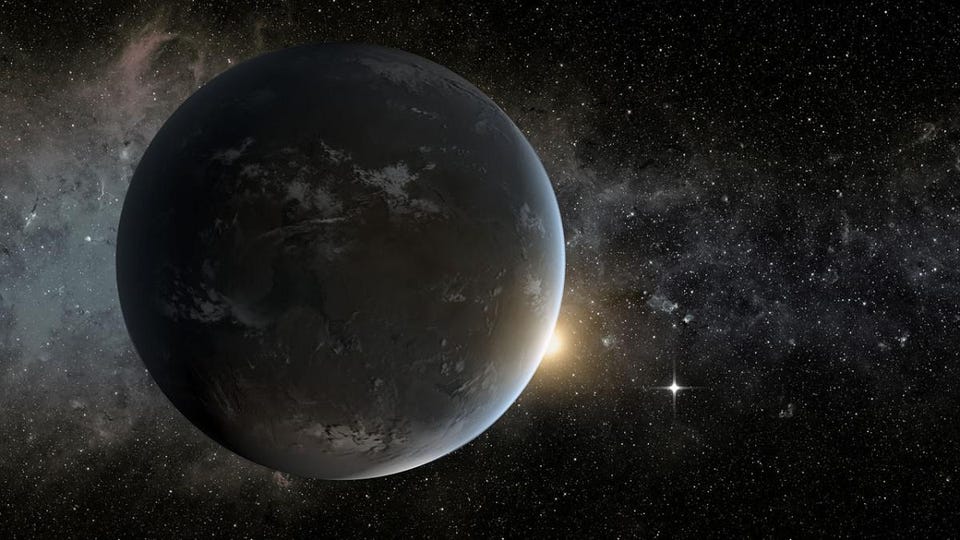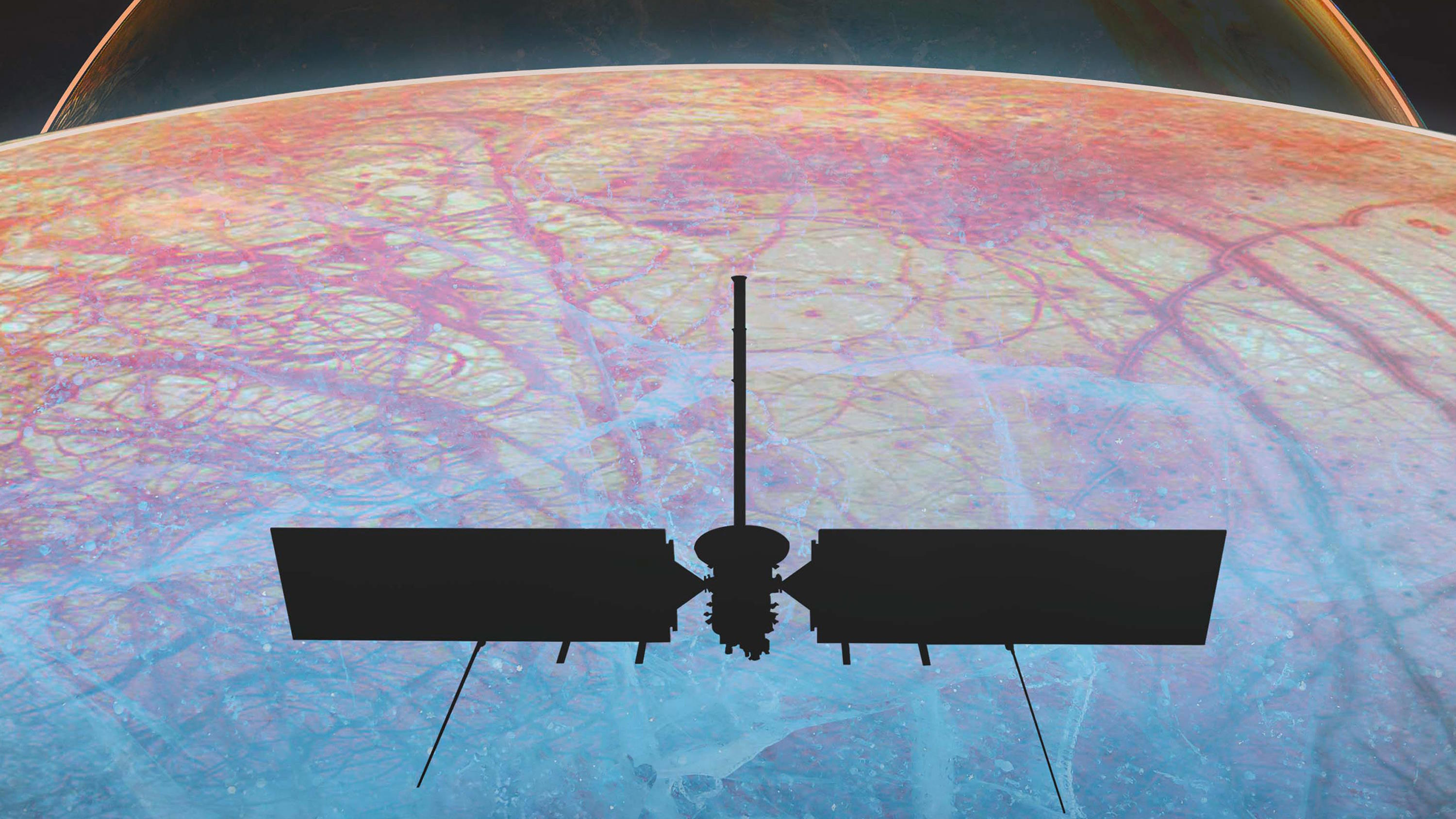Earth Could Be the Only Place with Liquid Water After All

We’ve been picking up strange signals, discovering possibly habitable planets, and in general starting to feel a little bit hopeful about the possibility of life in some recognizable form elsewhere — perhaps a lot of elsewheres — in the universe. Now, though, like a splash of cold water to the face, a new study published in Nature Geoscience suggests that there may not, in fact, be life-sustaining liquid water out there. Or at least that it’s likely to be rare. For bodies without an active carbonate–silicate cycle, the study says, “We find that the stellar fluxes that are required to overcome a planet’s initial snowball state are so large that they lead to significant water loss and preclude a habitable planet.”
It’s not there’s not plenty of water ice around. And it’s not uncommon for host stars to brighten, melting icy bodies around them, as happened about 600-800 million years ago with earth. In the study, though, scientists led by Jun Yang of Beijing University modeled the climatic evolution of icy bodies — such as Jupiter’s moon Europa and Saturn’s Enceladus — and found that the transition between cold and hot is typically so abrupt that there’s little in-between.

Europa, natural color and color-enhanced (NASA/JPL/UNIVERSITY OF ARIZONA)
The problem — ironically for us climate-changers — is their dearth of greenhouse gases. Problematic as an excess of these gases may be for us now, on an frozen world, gases from erupting volcanoes may be just what’s needed to retain heat and allow the body to warm slowly, as happened here on earth. When planets lack such gases — as is often the case — the amount of heat required to un-freeze ice is so great that the planet changes from snowball to fireball in a flash. At that point, says the study, “they exceed the moist greenhouse limit, at which water vapor accumulates at high altitudes where it can readily escape, or the runaway greenhouse limit, at which the strength of the greenhouse increases until the oceans boil away. We suggest that some icy planetary bodies may transition directly to a moist or runaway greenhouse without passing through a habitable Earth-like state.”
So earths don’t happen all the time.
Certainly, our distance from our sun provided no guarantee, as the study says: “Our results suggest that an icy exoplanet at the equivalent distance of the modern Earth from the Sun would remain in a snowball state…until its received stellar flux evolves to become much higher than the insolation for the modern Earth. Following this, the planet would directly jump to a moist or runaway greenhouse state.”
We also seem to be about the right size. The report says that smaller bodies are more likely to encounter the runaway greenhouse gas problem as they’d lose interior heat more quickly, and as a result, their volcanic era would end too soon. Larger planets, like Venus and Mars may be at risk of stagnant lithospheres without enough vulcanism going on.
Really, they key seems to be that we were lucky to have an active carbonate–silicate cycle. Here, atmospheric CO2 dissolves in rainwater, becoming carbonic acid (H2CO3). This falls on and breaks down silicate rocks, producing runoff bicarbonate (HCO3) and dissolved silica (SiO2) that organisms eventually use to make calcium carbonate (CaCO3) shells. Over time, these shells settle downward and eventually find their way into subduction zones where they recombine with SiO2, now in the form of quartz, to produce and release atmospheric CO2, starting the cycle all over again.
The report’s quite clear about the future of Europe and Enceladus: Nope, no liquid water on the way. There are other earth-like bodies that may have carbonate-silicate cycles going on, so we may yet find extraterrestrial life, though the odds just got longer.
The study is another reminder that we’ve been the beneficiaries of exceptional good fortune with this planet. It’s a rare stroke of luck we shouldn’t be so willing to squander.





